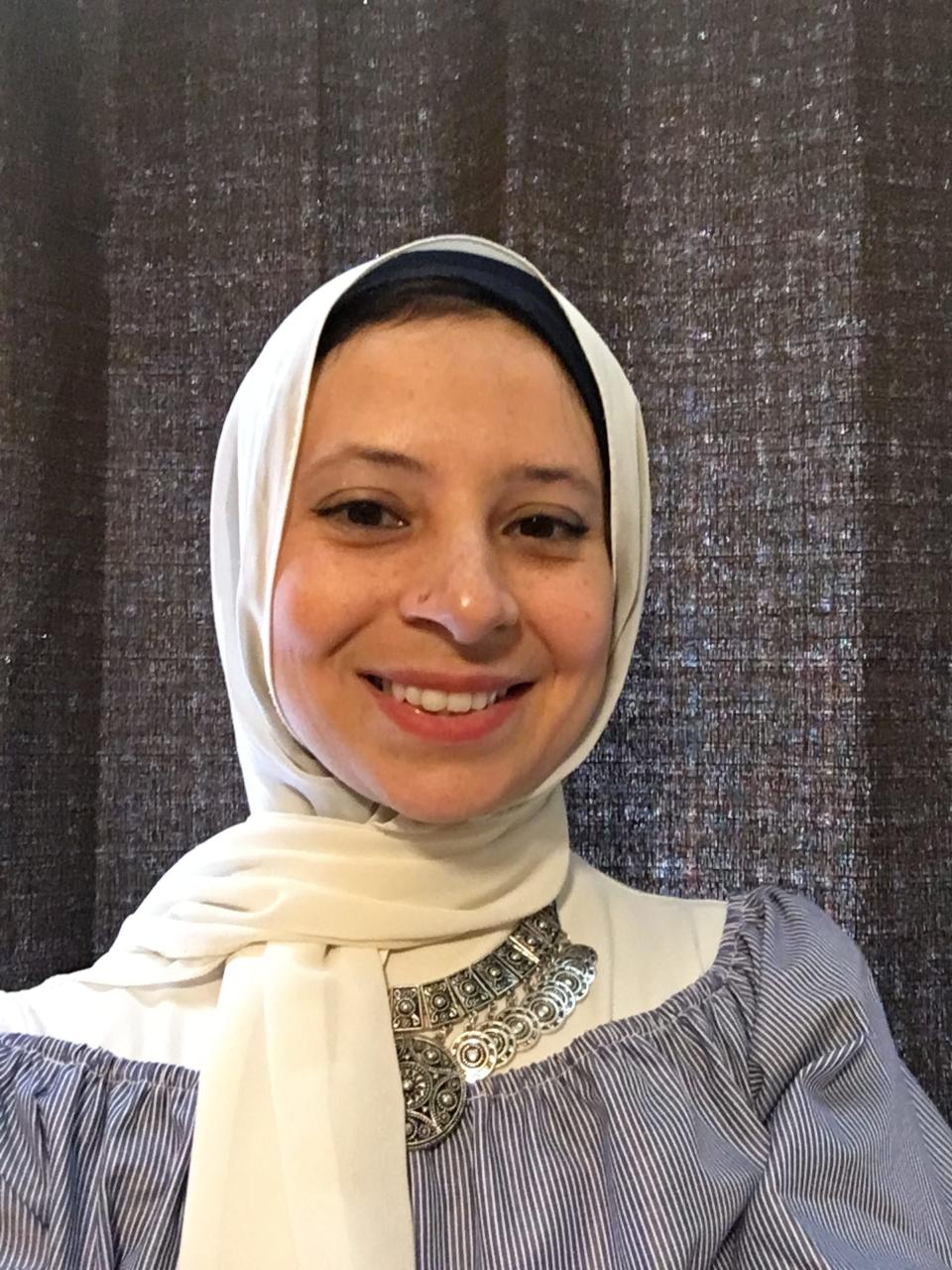Opinion: Student anti-Israel war protests show change doesn't happen in silence
More than five decades ago, the nation was rocked by tragic events that left a lasting mark on the history of student activism. At Kent State University, four students lost their lives and nine were injured when the Ohio National Guard opened fire on a crowd protesting the Vietnam War.
It was a shock to witness American soldiers shooting White American students, but there was a division in how the nation viewed the incident.
The older generation, steeped in wartime fervor and nationalistic pride, often viewed protesters through a lens of suspicion, labeling them as unpatriotic or even subversive.
In contrast, a younger generation fueled by burgeoning social movements and a quest for justice saw these protesters as courageous voices challenging established norms and advocating for change.
While the First Amendment guarantees freedom of speech and assembly, the reality of stifling student voices has been an enduring part of our national narrative.

Protests show widespread support for Palestinian civilians
Fast forward to today, modern-day student activists find strength in the legacy of their predecessors; the more authorities try to suppress them, the more resolute and vocal they become.
In recent weeks, anti-Israel war protests have spread like wildfire across the U.S., triggering a wave of arrests and responses. The arrest of over 100 protesters at Columbia University led protests to rise in New York, Miami, Texas, and Ohio State University. The arrests, involving not just students but also faculty, staff and community members, showcased widespread support for the cause.
Student organizations are demanding two critical actions − an immediate cessation of U.S. military support for Israel and the divestment of their universities from companies backing Israel's ongoing conflict with Hamas. This conflict has inflicted immense devastation on Palestinian civilians in Gaza, driving a strong and urgent call for change.
The death toll in Gaza has been rising since the Hamas Oct. 7 attacks on Israel. Hundreds of Israeli citizens were taken as hostages and nearly 1,200 were killed. Israel attacked back killing more than 30,000 Palestinians living in the Gaza Strip and blocking humanitarian aid from reaching the survivors.
If we are not allowed to criticize Israel's actions, then why bother learning about social justice, peace and freedom of expression?
Authorities must find alternative strategies
Some politicians are demonizing protesters, accusing them of being disruptive and endangering the safety of Jewish students. What they fail to grasp is that these protests are not directed against Jews but rather against Israel's ongoing attacks on Gaza's citizens. Several Jewish organizations expressed solidarity by participating in the protests, with some members even facing arrest.
Looking at the past there is a concerning pattern − instead of addressing the concerns raised by protesters, administrators resorted to calling law enforcement, leading to arrests and student suspensions. Following these intimidating actions only escalates tensions and fosters chaos. Authorities must find alternative strategies that can promote constructive dialogue while ensuring the safety of all students.
At The College of Wooster, the Wooster Peace Collective, Jewish Voices for Peace, Leftists of Wooster and other groups held a teach-in session at Wishart Hall. The event focused on explaining the historical background of the ongoing conflict.
Eye-opening conversation from College of Wooster session
One notable speaker was a retired Food Security Policy and Strategy specialist from the United Nations, who offered insights into The United Nations Relief and Works Agency for Palestinian Refugees (UNRWA). One of the heartbreaking facts he mentioned was that this crisis represented the most severe humanitarian situation he had witnessed during his UN tenure.
Additionally, representatives from the Jewish Voice for Peace contributed to the dialogue by delineating the nuances between anti-Semitism and anti-Zionism. Their revelations, including the fact not all Jews align with Israel's policies, were eye-opening for many attendees.
Such initiatives promote a deeper understanding of the complexities surrounding the conflict and create proactive discussions among diverse groups.
The journey from the 1970s to nowadays reflects an ongoing narrative of student resilience, activism and the pursuit of a more just and compassionate world.
Educators have imparted valuable lessons to these students, but today, they are the ones teaching us a powerful truth: change doesn't happen in silence; it's born from the voices and actions of those who refuse to be silent.
Shams Mustafa is a freelance journalist for the Wooster Daily Record. She came to the U.S. from Egypt and lives with her husband and children in Orrville.
This article originally appeared on The Daily Record: Anti-Israel War protests show support for Palestinian civilians

